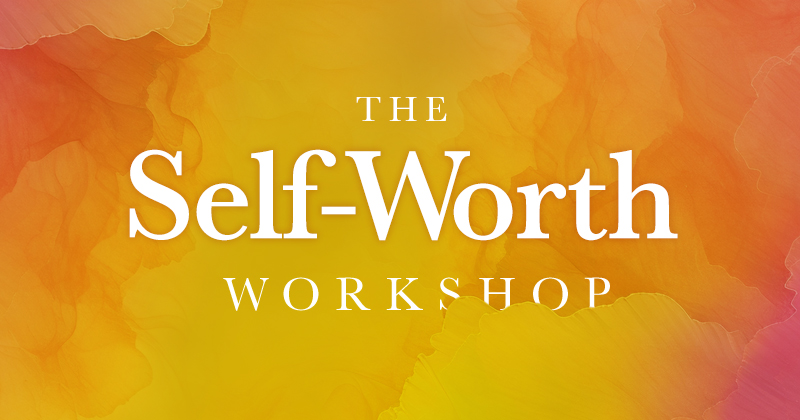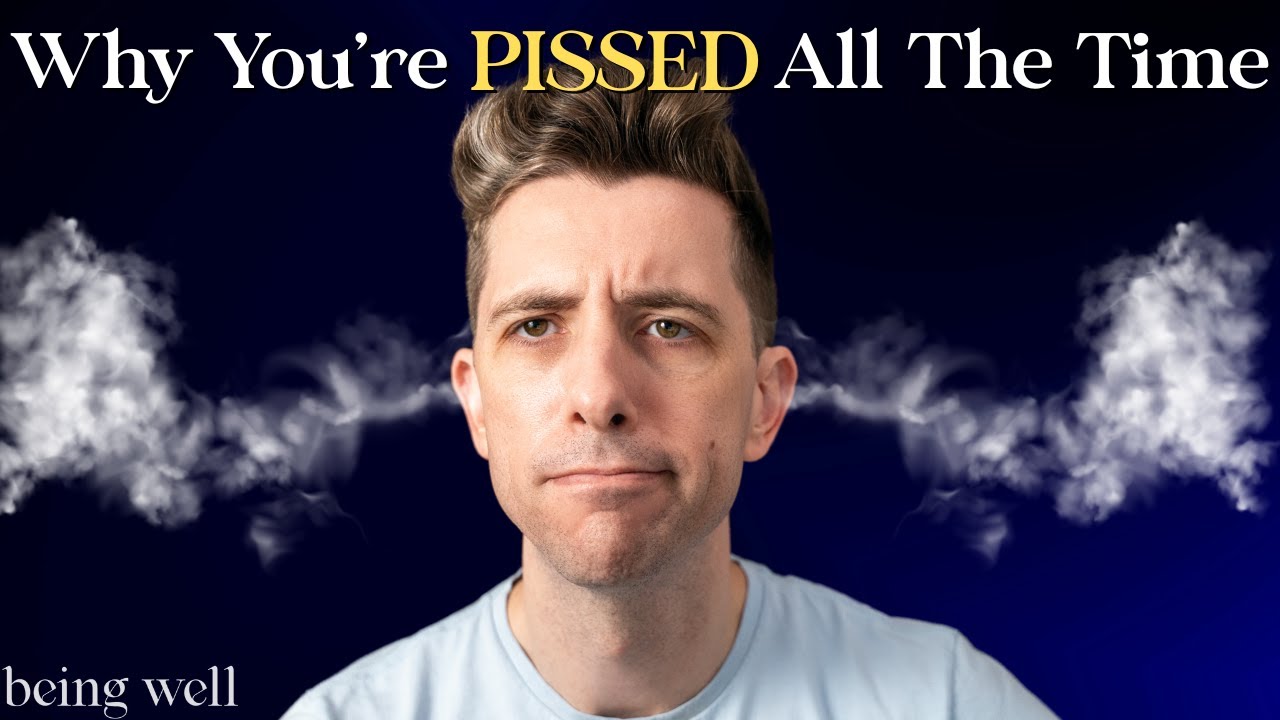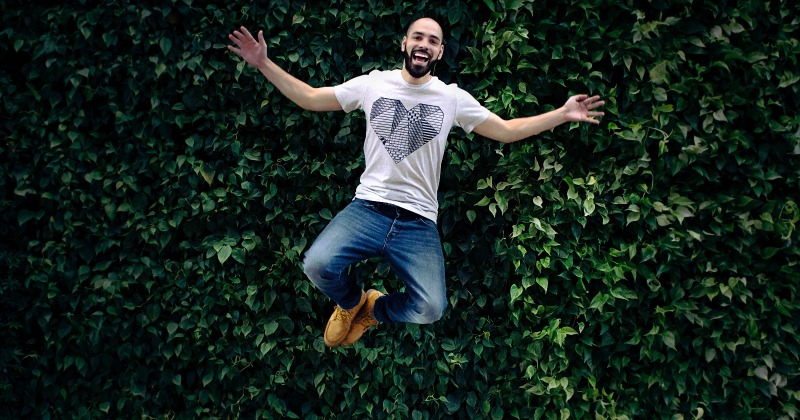Is there enough?
The Practice:
Feel already full.
Why?
One slice of the pie of life feels relaxed and contented. And then there is that other slice, in which we feel driven and stressed. Trying to get pleasures, avoid pains, pile up accomplishments and recognitions, be loved by more people. Lose more weight, try to fill the hole in the heart. Slake the thirst, satisfy the hunger. Strive, strain, press.
This other slice is the conventional strategy for happiness. We pursue it for four reasons.
- The brain evolved through its reptilian, mammalian, and primate/human stages to meet three needs: avoid harms, approach rewards, and attach to others. In terms of these three needs, animals that were nervous, driven, and clinging were more likely to survive and pass on their genes – which are woven into our DNA today. Try to feel not one bit uneasy, discontented, or disconnected for more than a few seconds, let alone a few minutes.
- You’re bombarded by thousands of messages each day that tell you to want more stuff. Even if you turn off the TV, worth in our culture is based greatly on accomplishments, wealth, and appearance; you have to keep improving, and the bar keeps rising.
- Past experiences, especially young ones, leave traces that are negatively biased due to the Velcro-for-pain but Teflon-for-pleasure default setting of the brain. So there’s a background sense of anxiety, resentment, loss, hurt, or inadequacy, guilt, or shame that makes us over-react today.
- To have any particular perception, emotion, memory, or desire, the brain must impose order on chaos, signals on noise. In a mouthful of a term, this is “cognitive essentializing.” The brain must turn verbs – dynamic streams of neural activity – into nouns: momentarily stable sights, sounds, tastes, touches, smells, and thoughts. Naturally, we try to hold onto the ones we like. But since neural processing continually changes, all experiences are fleeting. They slip through your fingers as you reach for them, an unreliable basis for deep and lasting happiness. Yet so close, so tantalizing . . . and so we keep reaching.
For these reasons, deep down there is a sense of disturbance, not-enoughness, unease. Feeling threatened and unsafe, disappointed and thwarted, insufficiently valued and loved. Driven to get ahead, to fix oneself, to capture an experience before it evaporates. So, we crave and cling, suffer, and harm. As if life were a cup – with a hole in the bottom – that we keep trying to fill. A strategy that is both fruitless and stressful.
All the world’s wisdom traditions point out this truth: that the conventional strategy for happiness is both doomed and actually makes us unhappier. The theistic traditions (e.g., Hinduism, Judaism, Islam, Christianity) describe this truth as the inherently unsatisfying nature of a life that is separated from an underlying Divine reality. The agnostic traditions (e.g., Buddhism) describe it as the inherent suffering in grasping or aversion toward innately ephemeral experiences.
Call this the truth of futility. Recognizing it has been uncomfortable for me, and also very helpful to realize (slowly, slowly) that it is pointless to “crave” – to stress and strain over fleeting experiences.
At the same time, there is another truth, also taught in the wisdom traditions, though perhaps not as forthrightly. This is the truth that there is always already an underlying fullness.
When this truth sinks in emotionally, into your belly and bones, you feel already peaceful, happy, and loved. There is no need for craving, broadly defined, no need to engage an unhappy strategy for happiness. And you have more to offer others now that your cup is truly full.
Get Tips Like This Delivered Right to Your Inbox
You can unsubscribe at any time and your email address will never be shared or sold.
How?
Recognize the lies built into the conventional strategy for happiness to wake up from their spells. Mother Nature whispers: You should feel threatened, frustrated, lonely. Culture and commerce say: You need more clothes, thinner thighs, better beer; consume more and be like the pretty people on TV. The residues of past experiences, especially young ones, mutter in the background: You’re not that smart, attractive, worthy; you need to do more and be more; if you just have X, you’ll get the life you want. The essentializing nature of cognition implies: Crave more, cling more, it will work the next time, really.
As you see through these lies, recognize the truth of fullness. In terms of your core needs to avoid harm, approach rewards, and attach to others, observe: that you are basically alright right now; that this moment of experience has an almost overwhelming abundance of stimulation, and you probably live better than the kings and queens of old; and that you are always intimately connected with all life, and almost certainly loved. Regarding our consumerist and status-seeking culture, consider what really matters to you – for example, if you were told you had one year to live – and notice that you already have most if not all of what matters most. In terms of the messages from previous experiences, look inside to see the facts of your own natural goodness, talents, and spirit. And about the impermanent nature of experience, notice what happens when you let go of this moment: another one emerges, the vanishing Now is endlessly renewed.
Abiding in fullness doesn’t mean you sit on your thumbs. It’s normal and fine to wish for more pleasure and less pain, to aspire and create, to lean into life with passion and purpose, and to pursue justice and peace. But we don’t have to want for more, fight with more, drive for more, clutch at more. While the truth of futility is that it is hopeless to crave, the truth of fullness is that it’s unnecessary.
Finding this fullness, let it sink in. For survival purposes, the brain is good at learning from the bad but bad at learning from the good. So, help it by enriching an experience by making it last 10-20 seconds or longer, fill your body and mind, and become more intense. Also, absorb it by intending and sensing that it is sinking into you as you sink into it. Do this half a dozen times a day, maybe half a minute at a time. It’s less than five minutes a day. But you’ll be gradually weaving a profound sense of being already fundamentally peaceful, happy, loved, and loving into the fabric of your brain and your life.
Know Someone Who Could See More of the Fullness in Their Life?
Use the buttons below to share this article via social media or email.



![Talk + Meditation: Finding What’s [Reassuringly] Reliable in an Unreliable World](https://rickhanson.com/wp-content/uploads/2025/10/Wednesday-Talks-9.jpg)
